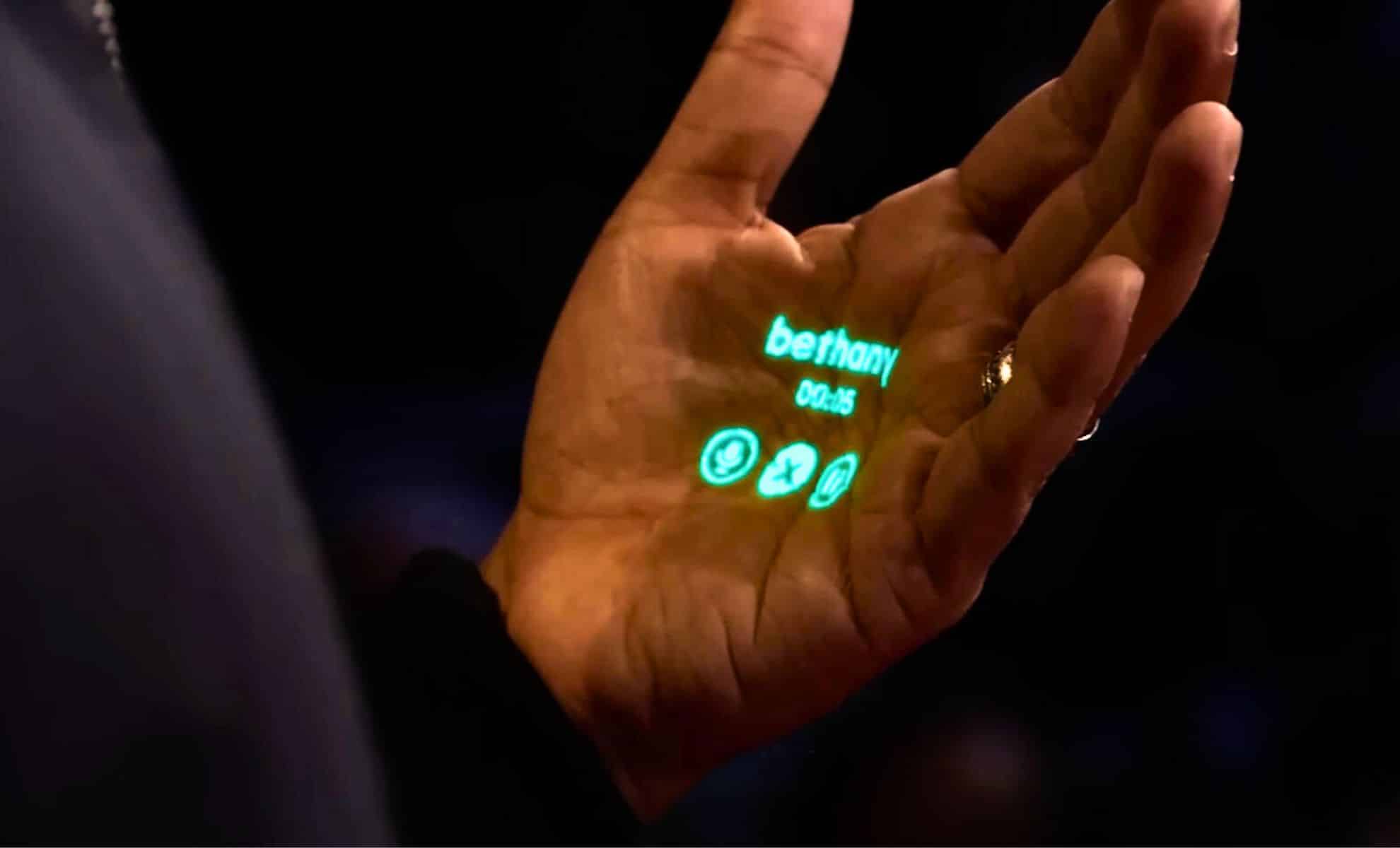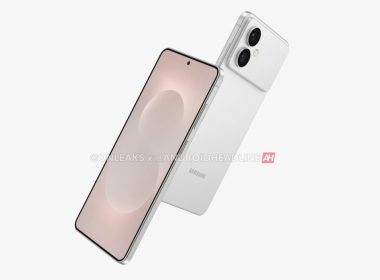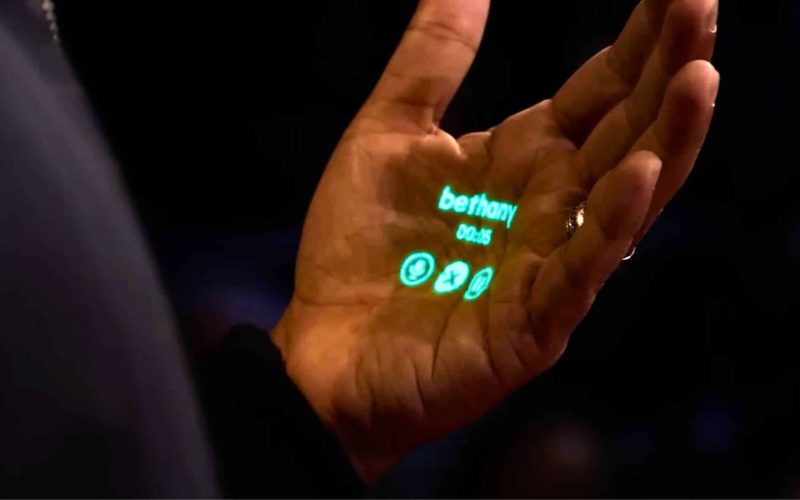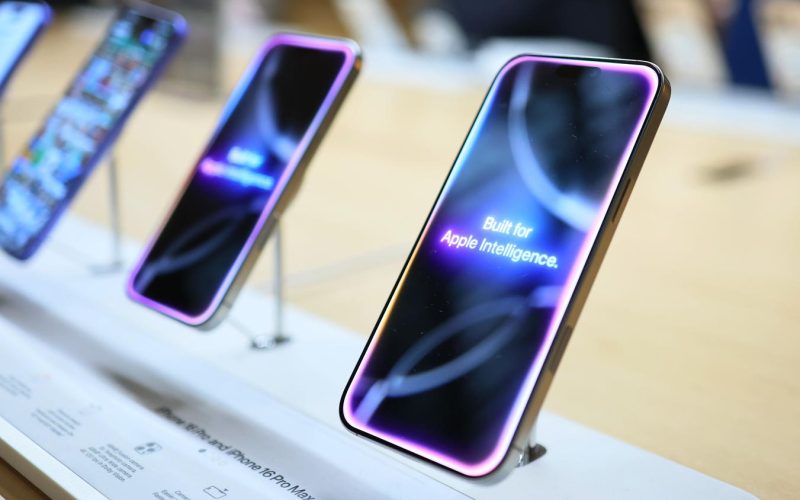Have you ever thought about what life would be like without smartphones? Well, hold on to your hats because Samsung is gearing up to take us on a wild ride into the future with a groundbreaking new device! In 2025, as the buzz grows around potential replacements for our beloved smartphones, Samsung is quietly preparing to unveil something that could change everything we know about mobile technology.
According to reports from SamMobile, Samsung is set to launch its first pair of smart glasses, and they’re not just any ordinary glasses! These sleek spectacles are designed to compete head-to-head with Meta’s AI-powered eyewear and possibly even outshine Apple’s long-awaited entry into the market. While many are speculating about the future of smartphones, Samsung seems poised to take a bold leap forward, with its first generation of smart glasses anticipated to hit the shelves by late 2026.
Now, you might be wondering what makes these glasses so special. Well, don’t expect augmented reality displays just yet. The initial version will operate more like Meta’s AI Glasses, featuring a built-in camera, microphones, and speakers, along with an AI assistant to help you navigate your day-to-day tasks. Imagine snapping photos, recording videos, asking questions, and listening to audio responses—all without ever having to pull out your phone! It’s like having a personal assistant perched right on your nose!
“Smart glasses without screens are simpler, more discreet, and less expensive to produce than full AR headsets.”
What truly sets these glasses apart is their focus on everyday functionality. Unlike bulky headsets such as the Meta Quest or Apple Vision Pro, Samsung’s smart glasses are designed for daily wear, prioritizing hands-free convenience and allowing AI to take over tasks that traditionally required a phone. This could be a game changer in how we interact with technology.
But wait, there’s more! While the 2026 release is just the beginning, the real excitement is expected to come in 2027. Reports suggest that Samsung is already hard at work on a second-generation model that will feature an AR display. This means users could see digital overlays right in their real-world environment! Think directions, notifications, translations, or even video calls projected directly into your line of sight. If Samsung pulls this off, they could potentially outdo Apple Glass, which is rumored to launch in 2026 but without the full AR capabilities that Samsung is aiming for.

Samsung’s long-standing partnership with Google is also noteworthy. Their collaboration will likely see Google’s AI platform, Gemini, play a vital role in powering these innovative glasses. However, insiders hint that Samsung isn’t just relying on external help; they’re also developing their own software ecosystem. This move indicates their ambition to control not just the hardware but the entire user experience, which could give them a significant edge over competitors.
The competition in the smart glasses arena is heating up! Meta has already made its mark by releasing the Ray-Ban Meta AI Glasses, offering voice-controlled photography and real-time AI responses, albeit without a visual display. Meanwhile, Apple is reportedly planning to introduce its first smart glasses in 2026, but early reports suggest that their initial offering will lack the power and features that Samsung is gearing up to deliver.
In a nutshell, Samsung could be on the brink of a massive technological shift. If they can successfully launch true AR glasses in 2027, they might leapfrog Apple, whose approach tends to be more cautious, opting for gradual advancements rather than bold innovations. On the other hand, Meta’s strategy is closely tied to its social platforms, which, while integrated with Facebook and Instagram, may not match the polish and global reach that Samsung and Apple can offer.
As Mark Zuckerberg once predicted the demise of smartphones in favor of lightweight wearables, Samsung seems to be stepping right into this vision. They’re not just preparing a new gadget; they’re potentially reshaping how we interact with technology altogether. However, it’s important to remember that the field of smart glasses is still developing, and while the timeline looks promising—AI glasses in 2026 and AR glasses in 2027—mass adoption is far from guaranteed. Concerns around privacy, battery life, and cost still linger, but Samsung’s ambitious timeline shows a clear bet: the future of mobile technology might just rest on our faces rather than in our pockets.
As we edge closer to these exciting releases, one thing is clear: the tech landscape is about to shift, and we can’t wait to see what Samsung has in store for us!










